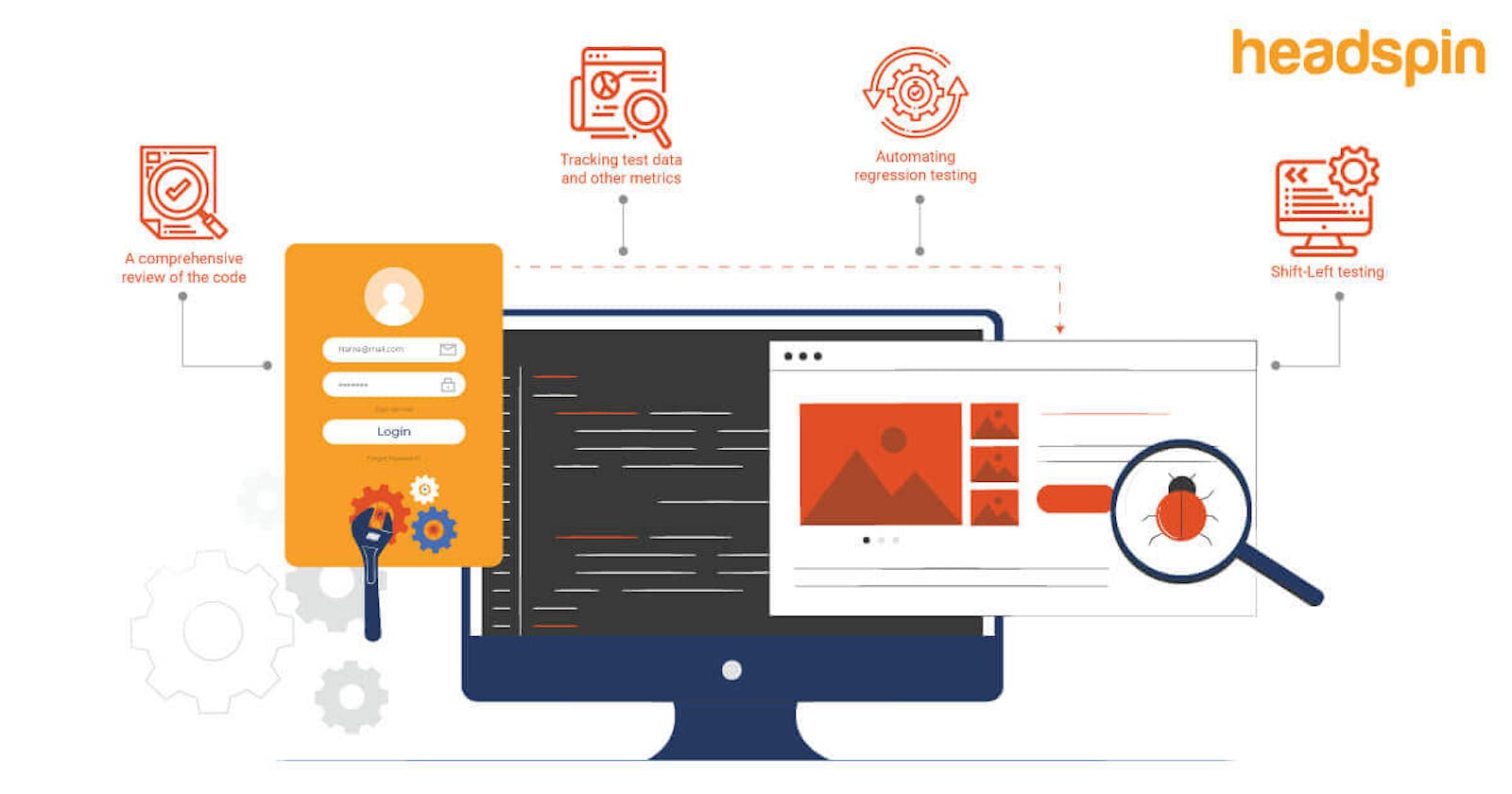With the widespread adoption of the agile methodology, regression testing has emerged as a focal point and added value. Today, most businesses outsource regression testing services and utilize an iterative, agile software development process.
For instance, various SaaS service providers often include new functionality or features with each software update. These businesses consult an eminent regression testing firm to maintain performance and verify that newly introduced features do not affect the final product. The primary objective of regression testing is to check that a bug fix has successfully corrected a code defect.
HeadSpin Regression Intelligence provides a robust comparison tool for analyzing degraded performance across new app builds, OS versions, feature additions, locations, and more.
It enables developers and QA testers to automate build-over-build comparisons and examine regression data to determine whether a build passes or fails. It also facilitates comparing digital experience KPIs across test sessions and lets QA teams obtain AI-driven insights for resolving functional or performance declines. They can construct a robust ontology with specific session tags for granular cohort analysis. HeadSpin also enables developers to plot trend lines and track and monitor application performance over time. They can set custom alerts and configure a proactive regression Alert Watcher based on criteria such as geo-location or device SKU for notifications when regressions are identified across various markets or devices.
HeadSpin's AI-powered Regression Intelligence seamlessly integrates into the CI/CD workflows, automatically detecting regression issues for every build of an application. With HeadSpin, developers and testers can compare user experience KPIs across real devices in over 90+ locations worldwide to uncover network, API, cloud, or edge issues.

